Documentary filmmaker R.J. Cutler (“Billie Eilish: The World is a Little Blurry”) is enjoying a busy fall with two documentaries releasing back to back. Netflix is now streaming “Martha,” his searing and fascinating portrait of the lifestyle icon, and Disney+ will air his moving tribute “Elton John: Never Too Late” after its November 15 theatrical release. Screen Talk sat down with Cutler for a live interview at the Toronto International Film Festival (the full conversation is here) to dig into both films.
What’s surprising about “Martha” is how much Stewart cooperated, letting Cutler look at her prison diaries, for example. Her powerful personality is not always a pretty picture. She’s simultaneously horrifying and heroic. When Southern New York district attorney James Comey goes after her, he sends her to jail, even though she was not accused of insider trading. She was found guilty of lying about it. Cutler makes it clear that the male-dominated culture was threatened by Stewart, who survived her incarceration and emerged somewhat less wealthy but successful nonetheless. She makes a fascinating and enigmatic subject.


Cutler credits his early mentors D.A. Pennebaker and Chris Hedges (“The War Room”) with teaching him one thing: “With people, it’s a human need to tell your story. It’s a fundamental thing.” Cutler met Stewart when she crashed a dinner at his summer family home in Montauk. “I sat next to Martha,” he said, “and it became clear to me that she was ready to tell her story.”
The filmmaker realized her background was more complex than he had thought. “It’s easy to imagine that Martha comes from a background of great privilege,” he said. “She’s Martha Stewart. I used to think of her in Connecticut, what Martha presented to the world that she had become. But I learned that she came from humble beginnings. She was one of many children. I learned about her early career as a model and a stockbroker.”
 Martha StewartGetty Images
Martha StewartGetty ImagesIf she was ready to spill her story, Cutler wanted to tell it. They met a few times and agreed to work on a film. But Stewart had to agree to Cutler’s final cut. “We’re going to spend a couple years making it and cutting it and another year presenting it to the world,” Cutler said, “and if I don’t have final cut, people won’t take it seriously.”
Of course, it wasn’t that simple. “Martha said, ‘Sounds great,'” said Cutler. “But Martha is Martha. One of the keys to Martha’s success is that when she’s in control, she triumphs. And one of the narrative lines in this movie is that when Martha lost [control], she went to prison. She lost control of her company, and this was a great loss, not just for Martha, and not just in terms of her company and her finances, but of the thing that she created, that meant most to her, her thoughts, her ideas.”
He continued, “We lost so much when Martha went to prison because of that. She’s had a great comeback. So it took a tremendous amount of courage for Martha to let me tell her story. And it’s not easy; it becomes part of the dynamic of the film. Martha is a person who’s always looking forward, who hates therapy. I can’t tell you the number of times she said, ‘I’ve never been to therapy in my life, and now R.J. Cutler is going to put me in therapy.’ But she went there. Boy did she go there, and in places she didn’t want to go. She gave me the goods.”
 Martha Stewart and Snoop Dogg, ‘Martha & Snoop’s Potluck Dinner Party’VH1/Brandon Williams
Martha Stewart and Snoop Dogg, ‘Martha & Snoop’s Potluck Dinner Party’VH1/Brandon WilliamsCutler had access to Stewart’s letters to her husband and the whole breakup of the marriage as well as her prison diaries. She steered the filmmaker to unseen footage filmed with her between the time she was convicted and the sentencing, “where she’s incredibly vulnerable,” he said. “It’s a verité scene that nobody even knew existed. She steered us to prison photos that nobody knew existed. Martha had set a photographer up, hundreds of yards away off the prison property, and they had agreed that she would walk outside at a certain time. We have those photos.”
Cutler conducted three long Zoom interviews over a period of time, which he used as audio narration. And she sat with him for five days, eight hours a day. “So God bless her,” he said. “She was incredibly courageous.”
The movie shows how quickly someone can fall from grace: a billion-dollar net worth can disappear overnight. One minute, Stewart was on top of the world. And then she was targeted and brought down. “What does that say about our culture and society?” said Cutler. “We explore the degree to which Martha was targeted as a woman, as an incredibly successful businesswoman who, as someone says in the film, is arrogant and powerful and tough. Shall we point to the businessmen who are those things and who are celebrated, and who rise and rise and rise and aren’t broken down, and whose transgressions are forgiven? She was indicted, prosecuted, and convicted of lying about a crime she did not commit. That’s a pretty shocking thing.”
Stewart clearly enjoyed socializing at Telluride and basking in her return to the media spotlight. “She’s still extremely successful, and the Martha Stewart Brand is as powerful as ever, if not more so,” said Cutler, “because she has discovered a whole new generation. Martha was the first to understand it’s all content. She was the first to understand that you don’t need to be wealthy to have good taste. And she made that possible through [the way] she changed retail. She was the first DIY person. She was the first to understand, really, the power of the personal brand. She’s the first influencer and because she was there first, she’s recognized as the Uber Mother of the culture.”
 ‘Martha’Netflix
‘Martha’NetflixThe other celebrity bio — a subset of nonfiction filmmaking now dominating documentary culture along with true crime — Cutler brings out this season is focused on recently retired global pop star Elton John. About three or four years ago, Cutler was invited to a lunch with John’s partner, David Furnish. Cutler was able to say that he’d admired John his whole life. His first concert at 13 years old was an Elton John concert. “It turned out to be the night that Elton brought John Lennon on stage,” said Cutler. “And Lennon performed what became the final time of his life with Elton.”
When they talked about what a film might be, Furnish suggested that there was an opportunity to make a film around the final months of John’s touring career. “He had made the decision to come off the road, to spend more time with his family,” said Cutler. “The last great addiction of his life was performing live. He had been doing it his entire life since he was 16 years old. I shared with David that there was a great story to be told about the first five years of his career. Between 1970 and 1975, Elton released 13 albums in five years, seven of which went to number one. It was a remarkable creative output at a time when rock and roll didn’t know what its future was. The Beatles had broken up, the Stones weren’t touring. Jimmy [Hendrix] was dead. Janice [Joplin] was dead. It was a dark time.”
Furnish and Cutler agreed on the spine of the narrative and decided to work together on the film, digging into the ample John Archives. “In this film, we had the great discovery of these audio tapes that were conversations between Elton and Alexis Petridis, his best friend, a man he speaks to multiple times a day and who helped him write his autobiography,” said Cutler. “The intimacy that Elton and Alexis had struck me as the kind of thing nobody could ever achieve in a sit-down interview with lights and crew. We decided to make that the central narrative voice of the film. There’s also an incredible discovery we made, which was when Elton comes out to Rolling Stone, which is the life-changing decision that he made in 1976. We discovered those audio tapes in the Rolling Stone reporters’ archive at Columbia University. And also there was a photographer there, so we were able to bring the entire thing to life like a vérité scene, as if you were there.”
The movie culminates in a hugely emotional moment: a performance of his longtime songwriting partner Bernie Taupin’s “Your Song.” “The whole film is building to that moment, to ‘Your Song, at the end,” said Cutler. “It’s not a movie about reciting facts. It’s an emotional journey. And you’re with this man who has made these two enormous decisions in his life. When he was 17 years old, he answered an ad in the newspaper for songwriters. Ray Williams, the record executive, handed him an unopened envelope and said, ‘See if this guy’s work strikes you.’ The guy was Bernie Taupin.”
Cutler continued, “Elton opened it and realized, ‘This is my future.’ And Elton chose to come out, chosen to be a man who was honest about who he was. And it was world-changing, but it also changed his life. This is a very emotional thing, and now Elton is facing the fact that he’s mortal, facing the fact that his sons are young, that he doesn’t want to miss a second that he can have with them. We’re building the entire film to that moment where he sings ‘Your Song’ at the end.”
 ‘Elton John: Never Too Late’Courtesy of TIFF
‘Elton John: Never Too Late’Courtesy of TIFFThe Elton John archive was a deep dive. “He’s got two warehouses in London,” said Cutler. “It’s like going into the stacks of an old library. There’s tens of thousands of audio hours, there’s thousands of video hours. There’s unprocessed film that we discovered and got processed. Elton is recording ‘Candle in the Wind’ in the session in France where he’s mixing ‘Goodbye Yellow Brick Road.’ That footage had never seen the light of day. It’s Elton’s costumes, it’s his pianos. It’s an amusement park. But we had to find our way through all of it, and we did.”
Next up: Cutler is producing a film coming out next year with Amazon, the story of the man who invented K-pop. “Lee Soo-man, a person you haven’t heard of because he’s never really told his story,” said Cutler, “a humble man, a Korean genius who, 30 years ago, invented K-pop.”
“Martha” is now streaming on Netflix. “Elton John: Never Too Late” premieres in theaters November 15 before streaming on Disney+ December 13.
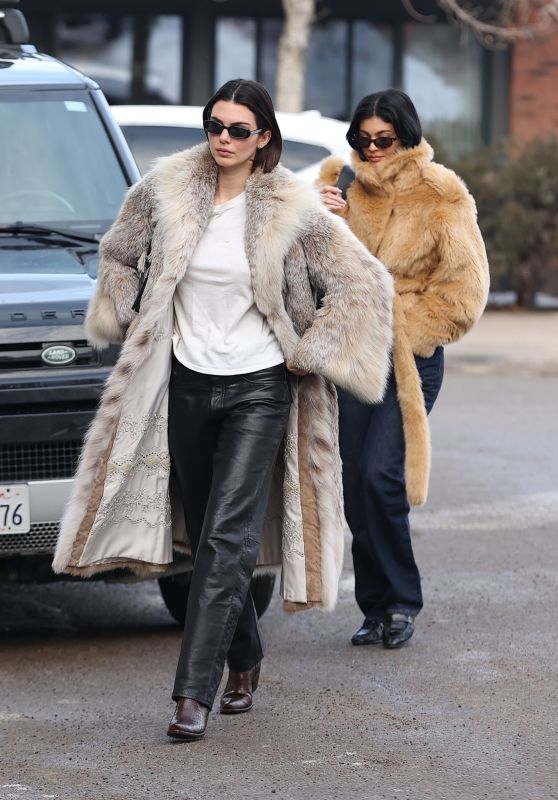
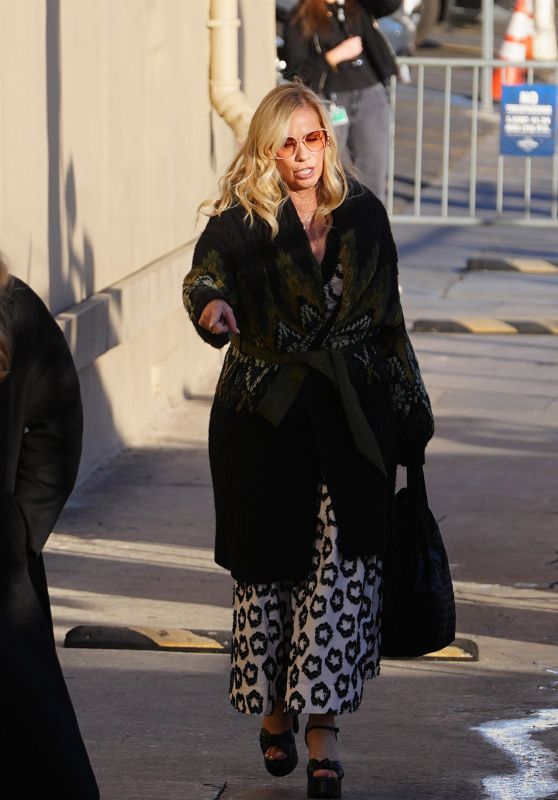
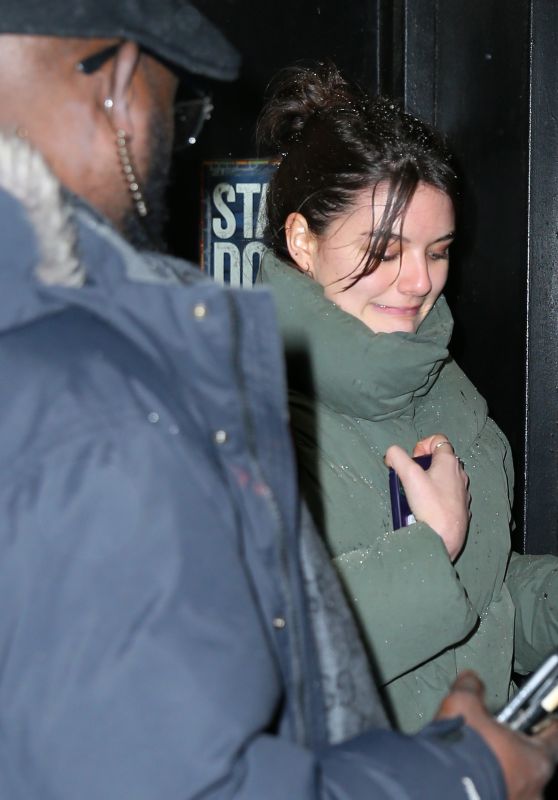
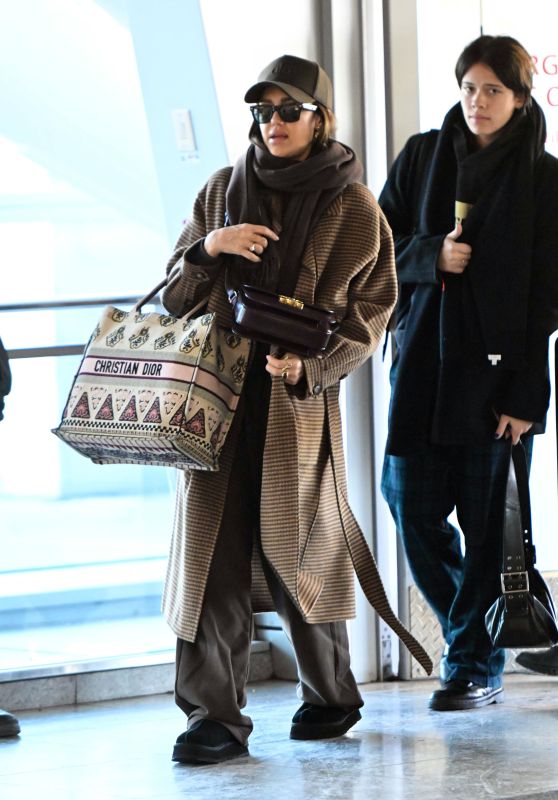
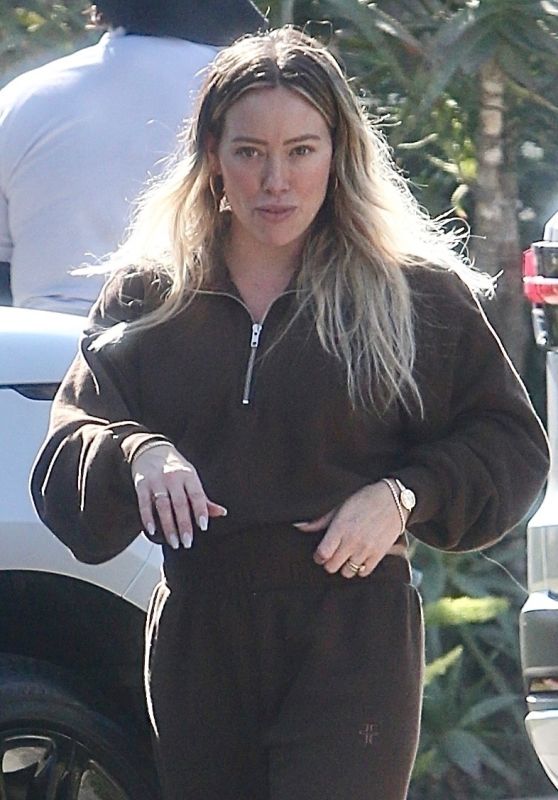
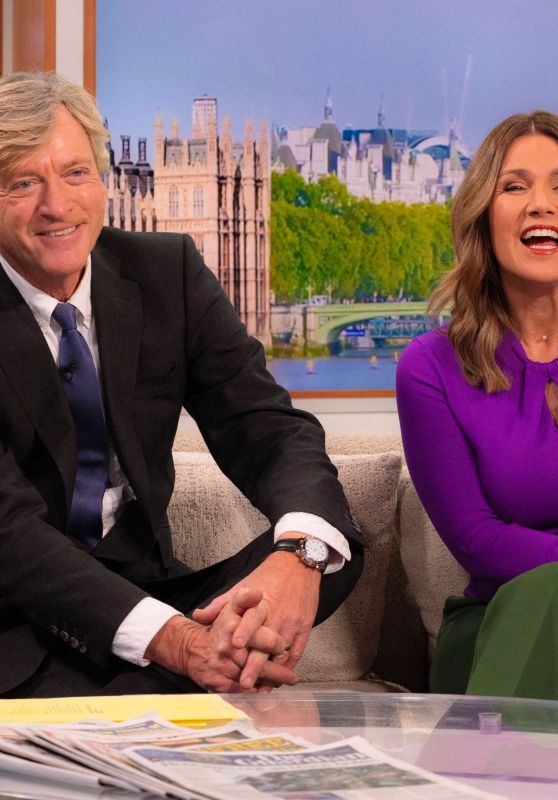

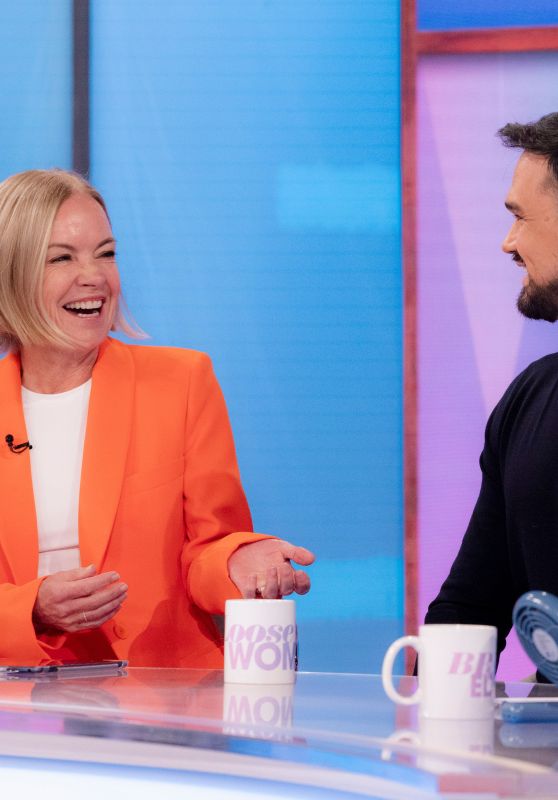












 English (US) ·
English (US) ·